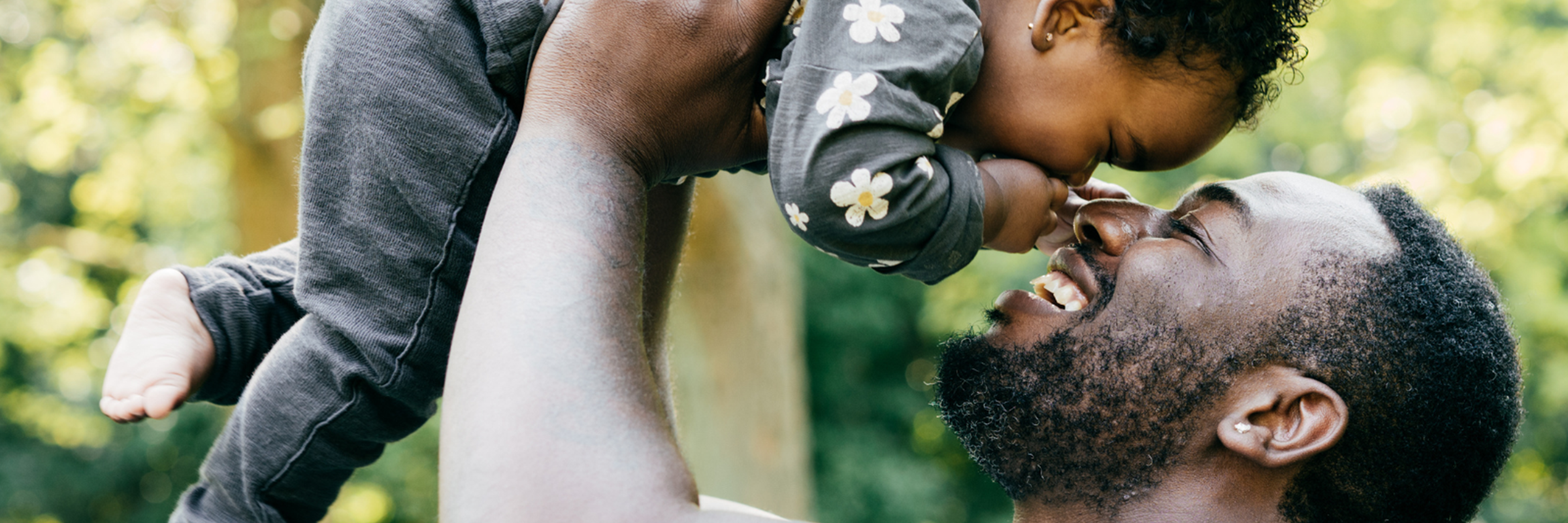
Greater Manchester (GM) Ten Top Tips for Thriving
Welcome to the Greater Manchester (GM) 10 tips for Thriving.
Here are some simple things that we can all do to support children’s social emotional development and wellbeing and give our children the best start in life.
What do we mean by 'social emotional development'?
It’s how children start to understand who they are, what they are feeling and what to expect when interacting with others.
It allows young children to:
- Form and keep positive relationships with important people
- Safely experience, express and manage their feelings.
- Feel confident to explore the world and try new things.
What does wellbeing mean?
Wellbeing is holistic in nature and is used as a broad term to describe children’s:
- Levels of happiness and confidence
- Ability to problem solve, make choices, empathise with others and be emotionally resilient
- Social competence and pro-social behaviour towards others.
GM has developed a suite of 10 Top Tips Resources to support early child development from pregnancy to age 5. The tips can be used everyone including parents, grandparents, frontline professionals and the wider workforce to help with supporting speech and language, emotional wellbeing and movement.
Check out our Top Ten Tips for Talking (internal webpage).
Resources
Top Ten Tips for Thriving Slides (PDF, 12.6MB)
Top Ten Tips for Thriving Poster (PDF, 9.3MB)